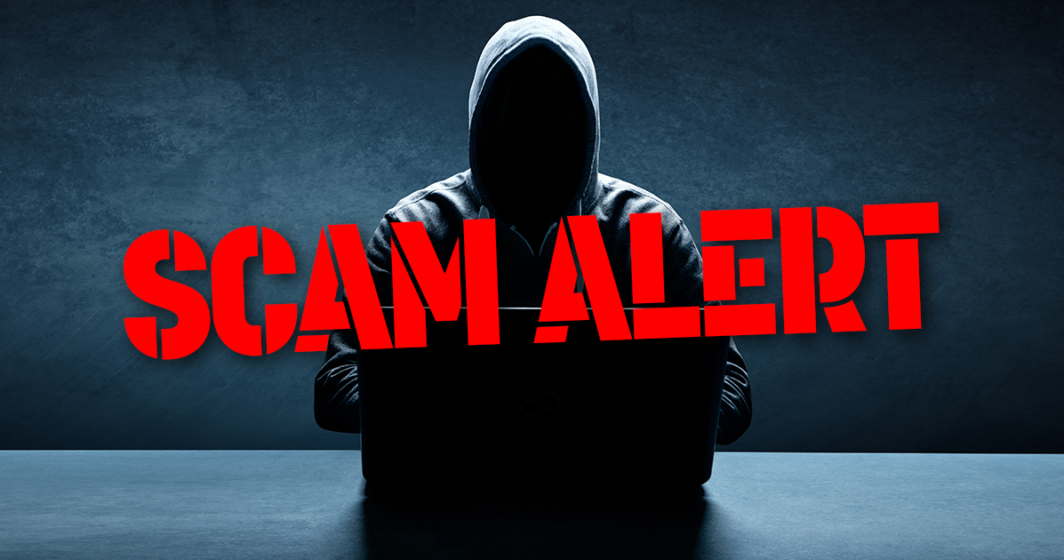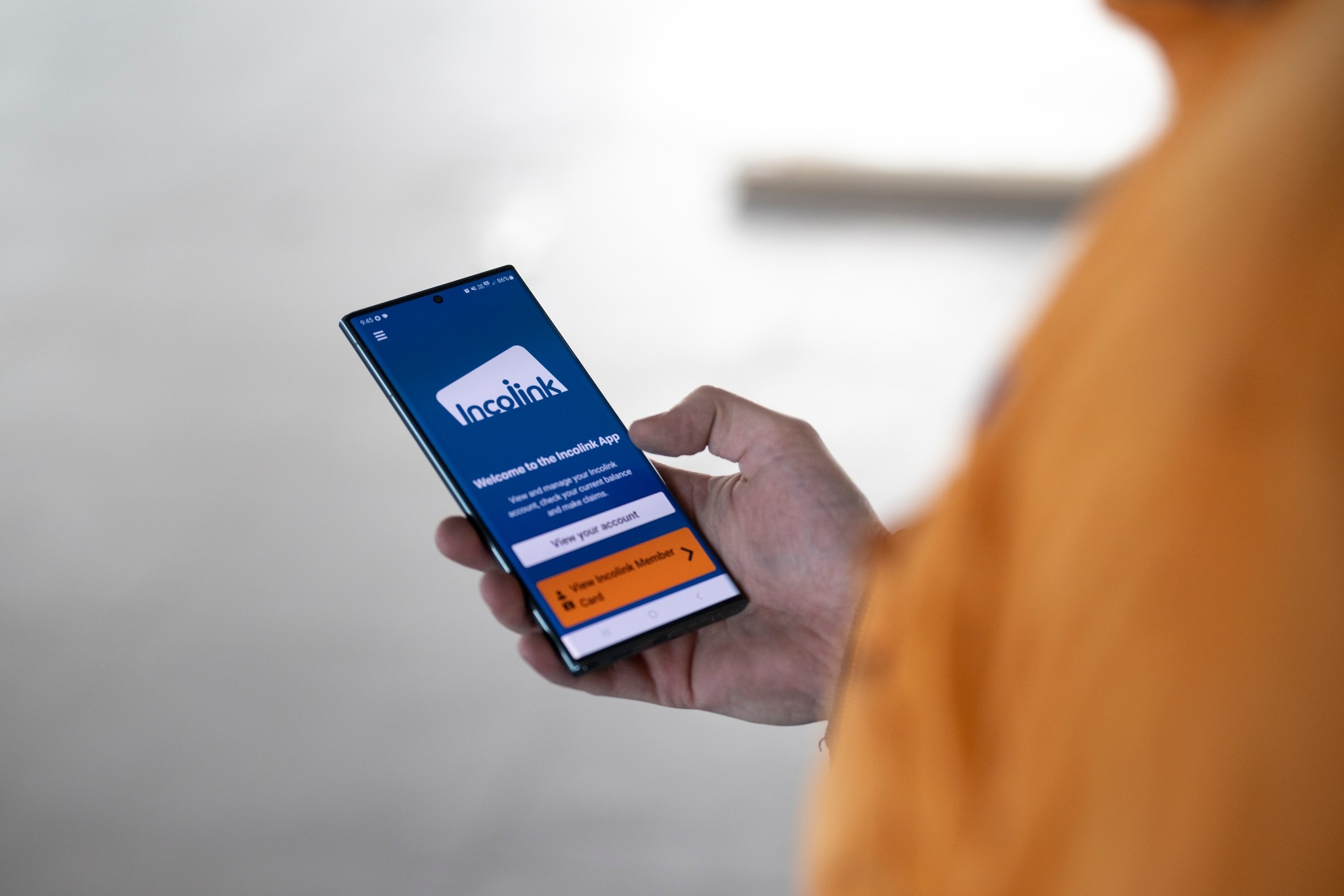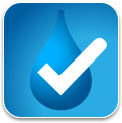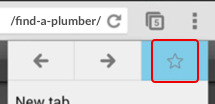Following a recent surge of reported cases, Master Plumbers wants to ensure members are on the lookout for possible scams targeting businesses. One of the most common scams we have seen recently is what’s known as the “third-party scam.”
The third-party scam involves the fraudster contacting a business owner who’s offering a service-like a plumber-asking to add an additional cost onto the fee for the services and charge it to their credit card. Usually the additional fee is introduced to the conversation after a few emails have been exchanged and the reasoning given by the fraudster is usually that they need to pay a third party who doesn’t accept credit card payments.

In a recent example from a member, a fraudster (Mr A moving forward) contacted the business asking for a quote on a hot water install site unseen. Mr A would only communicate over email because they indicated that they were hearing impaired. While an address was provided, Mr A stated that the plumber wouldn’t be able to see the property because they were going into surgery to have their hearing loss repaired.
Once a price was provided, Mr A advised that the plumber could gain access to the property on the same day that movers would be there and the movers would hand over the keys to them. Mr A then requested that he pay the plumber an additional $2,000, which would then be given to the movers because the movers don’t accept credit card payments and in the current situation, it is the only payment option available to Mr A.
Where does the fraud take place?
In most instances of a third-party scam, the credit card details that are provided are stolen or fraudulently obtained. Usually once the payment clears and the payment is made to the third party, the fraudster is suddenly uncontactable. In some instances that they request a cash payment to the third party, there may in fact be a third party that comes to pick up the cash but the original contact will disappear.
Once the credit card company picks up the fraudulent transaction, a chargeback notification will generally be issued saying the cardholder claims the transaction wasn’t authorised. Unfortunately, if the credit card is stolen, businesses are financially liable to return those funds once they’re issued with a charge back notification.
Overall, this means the business is out of pocket the cost of the hot water replacement, the $2,000 additional that was charged to the credit card AND the $2,000 cash that was handed over to the third party. Although technically the replacement cost and the initial $2,000 weren’t the businesses to begin with, add to this the cancelled job that may not be able to be replaced in the schedule, and this can still be a VERY expensive issue.
Tips to help you safeguard your business
Being alert to fraudulent payment activity can reduce the chances of your business falling victim to scams and suffering costly chargebacks and other financial loss. We’ve got some simple tips you can follow:
- Educate all front-line staff about fraud risks associated with your payment terminal and payment scams in general.
- Ensure employees are the only ones to have access to your payment terminals. Don’t allow customers to edit or manually enter transactions, and if you don’t require the manual key entry feature on your terminal, ask your banker to switch it off.
- Always refund a transaction to the same card and remember to change your refund password regularly.
- Be cautious of customers who wish to correspond via email only and are not contactable by other means such as phone.
- Watch out for customers who claim to be not contactable.
- Beware of customers who are willing to pay more than the cost advertised or place unusually large orders for goods. If it sounds too good to be true, it usually is.
- Never accept payments on behalf of third parties or for services you didn’t provide.
- Don’t agree to forward payments or funds to other businesses or people.
- Be aware that if you accept transactions when the card is not present in the sale, it is you, the merchant, who is ultimately liable should a dispute be successfully raised against the transaction.
- Avoid any requests to transfer funds via Western Union.
- Trust your instinct - if you have concerns about a transaction, contact your bank or terminal provider for guidance.
Have you received the same scam email recently? Let us know at [email protected].
Share this Article






